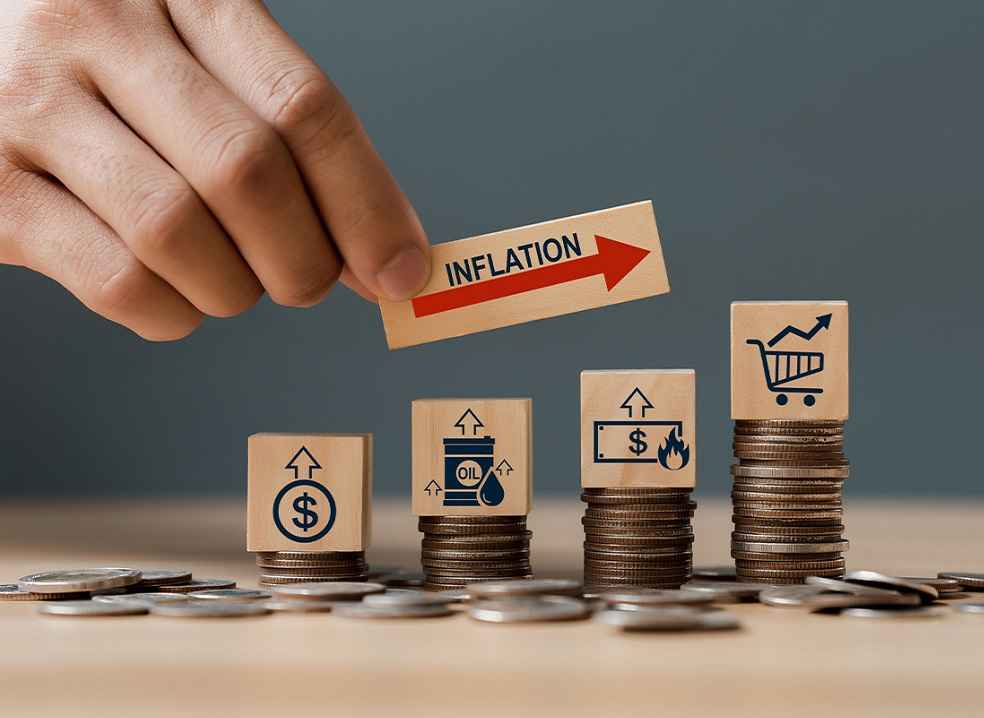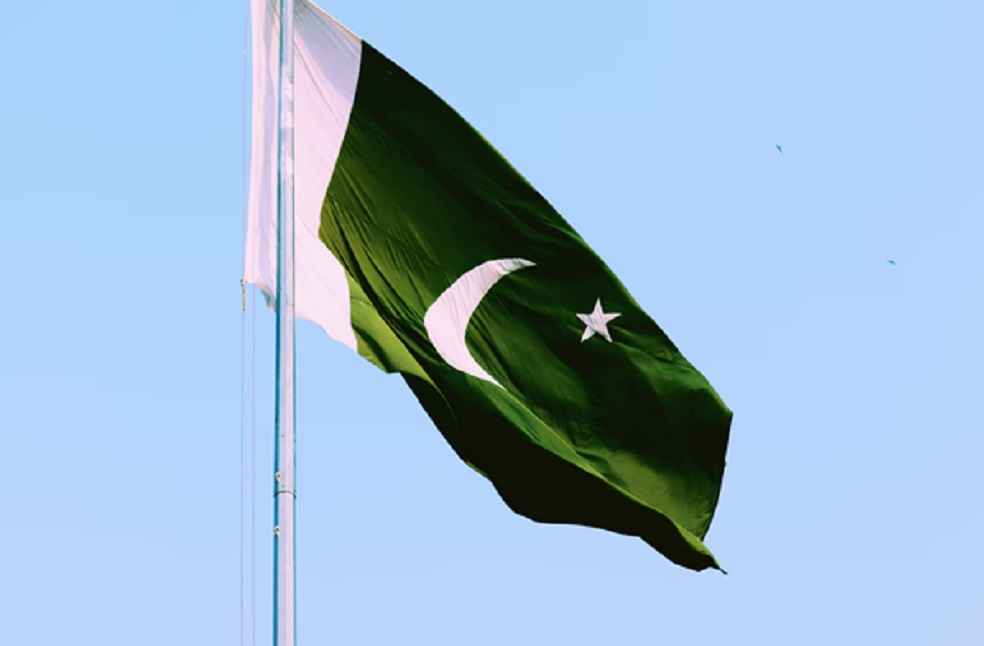Pakistan’s Finance Division forecasts a major decrease in inflation, expecting it to drop to between 8-9% by October 2024. This projection aligns with the broader economic trends detailed in the Division’s latest ‘Monthly Economic Update and Outlook.’
As of August 2024, Pakistan’s Consumer Price Index (CPI) has reached a 34-month low, falling to a single-digit 9.6% year-on-year, a sharp contrast to the 27.4% recorded in the previous year. The Finance Division attributes this positive trend to several economic improvements and anticipates further declines in the short term.

Economic indicators from the first two months of the fiscal year 2025 reveal a robust recovery. The decline in inflation is accompanied by strengthened industrial output and growth across major export sectors, bolstering the country’s export prospects. This recovery is further supported by a reduction in the current account deficit and resilient fiscal measures.
The report highlights a 2.4% growth in Large Scale Manufacturing (LSM) output in July 2024, signaling improved market conditions. Additionally, vehicle production and sales have seen significant increases, contributing to economic growth.
Financially, net federal revenues grew by 7.2%, and the fiscal deficit was maintained at a manageable 0.3% of GDP in July 2025. Tax collections by the Federal Board of Revenue (FBR) also saw a considerable rise, demonstrating robust fiscal health.

Despite challenges, the external account has bolstered, marked by a visible improvement in exports and remittances, although imports have also risen. The current account deficit was significantly lower at $0.2 billion during July-August FY2025 compared to the previous year, even registering a surplus in August 2024.
The Monetary Policy Committee responded to the improving economic condition by reducing the policy rate by 200 basis points to 17.5%. This decision reflects diminishing inflationary pressures and boosts business confidence.
Social safety measures have also seen upgrades, with the Benazir Income Support Program (BISP) increasing the quarterly Kafalat Program instalment, potentially benefiting up to 10 million families by year-end.
MOST READ | UAE-Korea Trade Report Reveals Economic Strengths and Expanding Industry Ties



